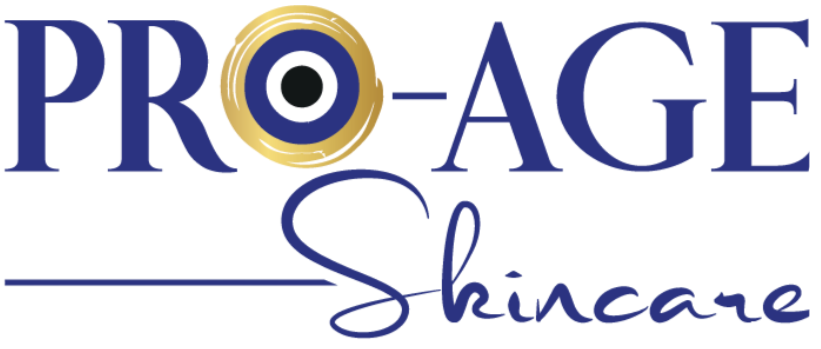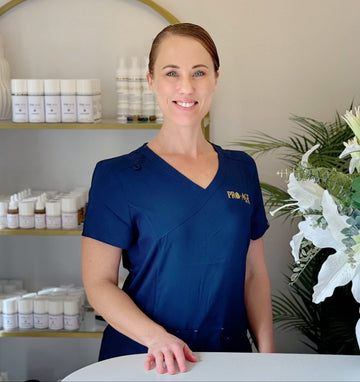Awesome product! Have been using it for just over a month and can already feel a change in my skin texture and glowiness. Easy to drink too, I just stir it into my morning coffee!
Can't live without my nourish oil! I used it twice a day and it leave my skin feeling soft and hydrated.
I absolutely love this product. My skin has flare ups with Psoriasis and although I know it needs to have the barrier strengthened this cream also gives my skin such a beautiful hydration
I must say this is another product that I have in my bag where ever I go. My lips feels really nice and moisturize. It doesn't have a yucky feel to it.




